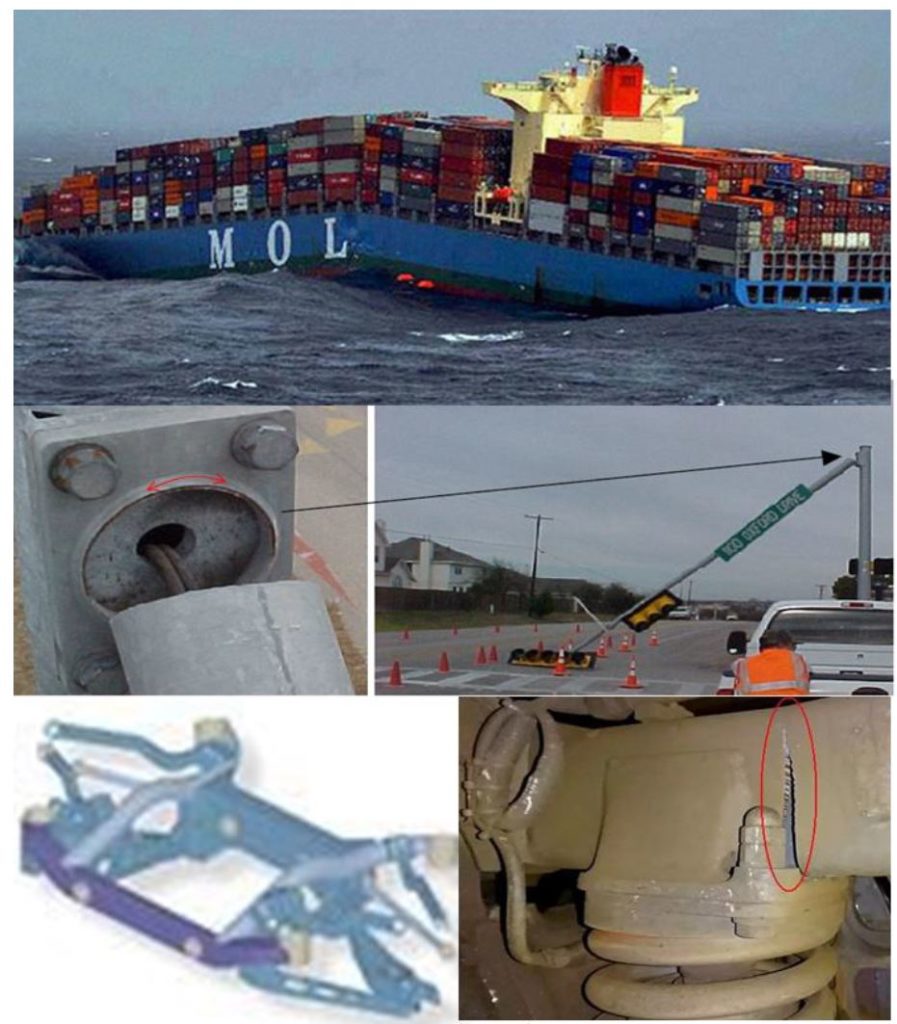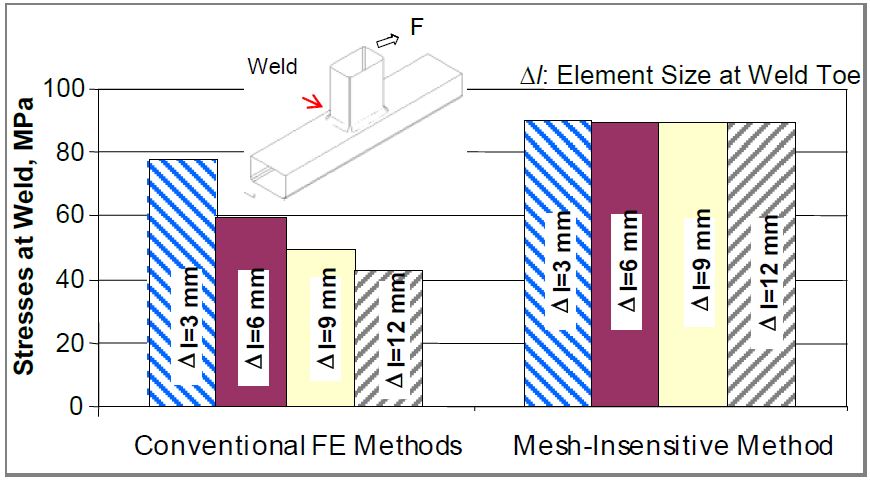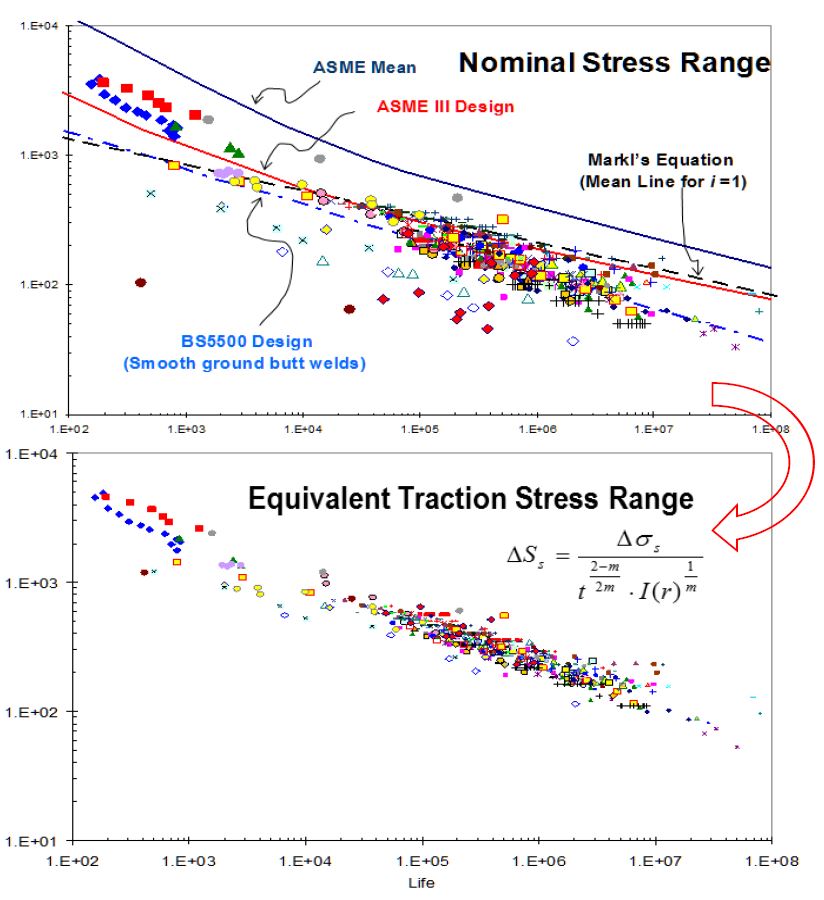Fatigue of Structures (3 Credits)
Course Description
This course aims to prepare students with fundamental concepts of fatigue damage and failure in engineering structures and contemporary fatigue design and evaluation procedures. Major limitations in existing Codes and Standards practiced by industry and research communities will be discussed. A particular emphasis will be placed upon fatigue behaviors of as-manufactured components (e.g., welded structures) and recent developments in finite element-based fatigue design and analysis procedures. Considerations for performing effective fatigue testing procedures and data interpretation will also be discussed. Fatigue-resistant connection design principles will be illustrated using real-world examples. Fatigue-resistant connection design principles will be illustrated using real-world examples. On-going research thrust areas in addressing some new challenges in structural lightweighting will be highlighted. Major course topics are:
- Introduction: the importance of fatigue considerations in engineering design
- Fatigue damage definitions: material fatigue versus structural fatigue
- Laboratory fatigue testing and data interpretation
- Smooth bar versus structural specimens
- Crack initiation versus crack propagation
- Stress concentration definitions and difficulties for applications in as-manufactured components
- Fatigue behaviors of welded joints
- Finite element based fatigue evaluation methods and limitations, e.g., hot spot and notch stress methods
- Mesh-insensitive method
- Traction stress definition and mechanics basis
- 2D and 3D calculation procedures
- Measurement techniques
- Generalized calculation procedure
- Master S-N curve method
- Fracture mechanics considerations
- Formulation and validations
- Applications in structures
- Implications on fatigue testing procedures
- Fatigue improvement techniques
- Fatigue-resistant connection design principles
- Structural strain method
- Low cycle fatigue considerations
- Treatment of Low cycle and high cycle fatigue
- Treatment of variable amplitude loading
- Multi-axial fatigue
- Proportional versus non-proportional loading
- Path-dependent cycle counting method
- Cycle counting law
Grading
Class participation: 5%
Homework assignments: 35%
Two mid-term exams: 30% + 30%



